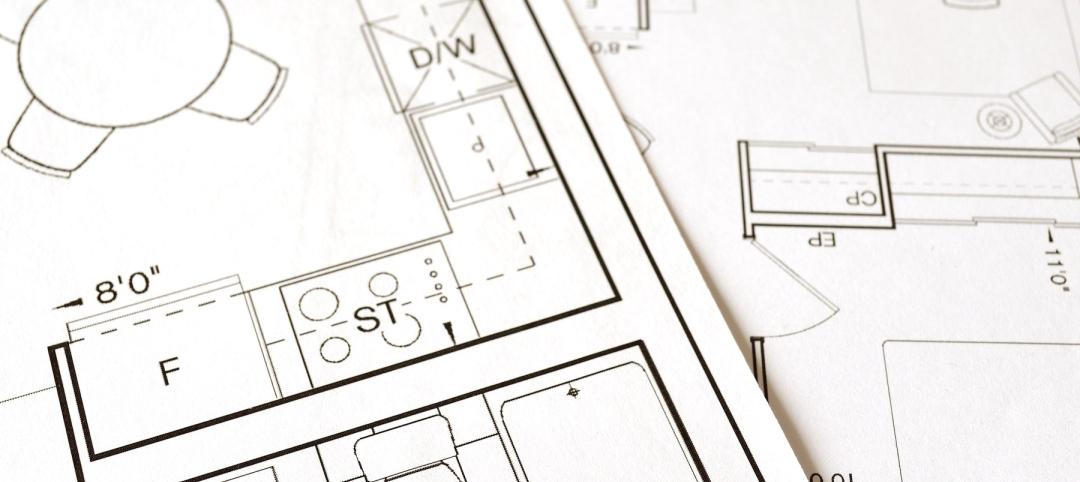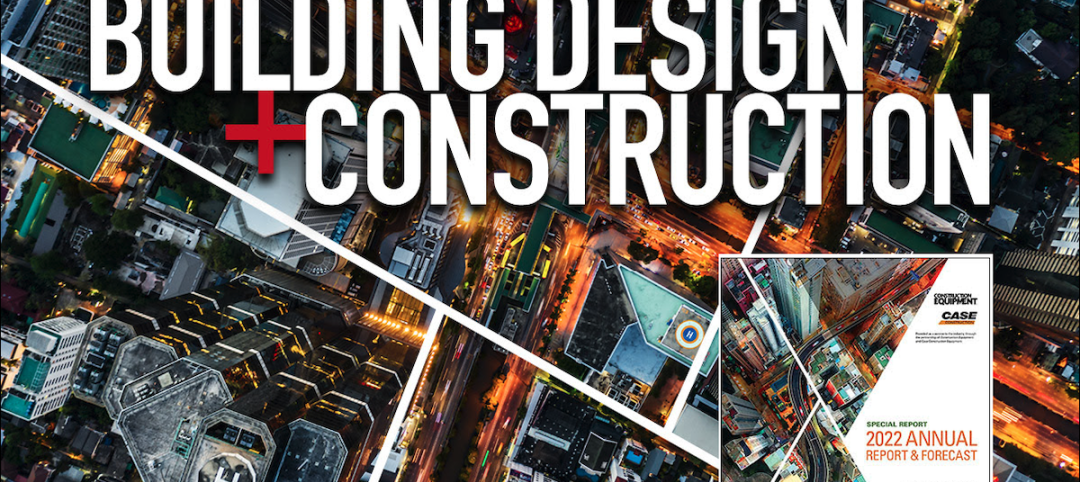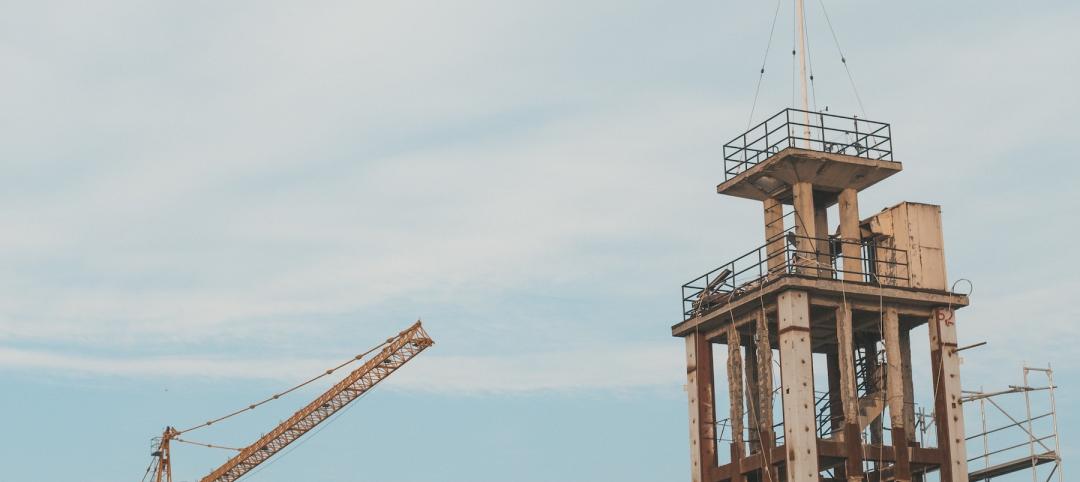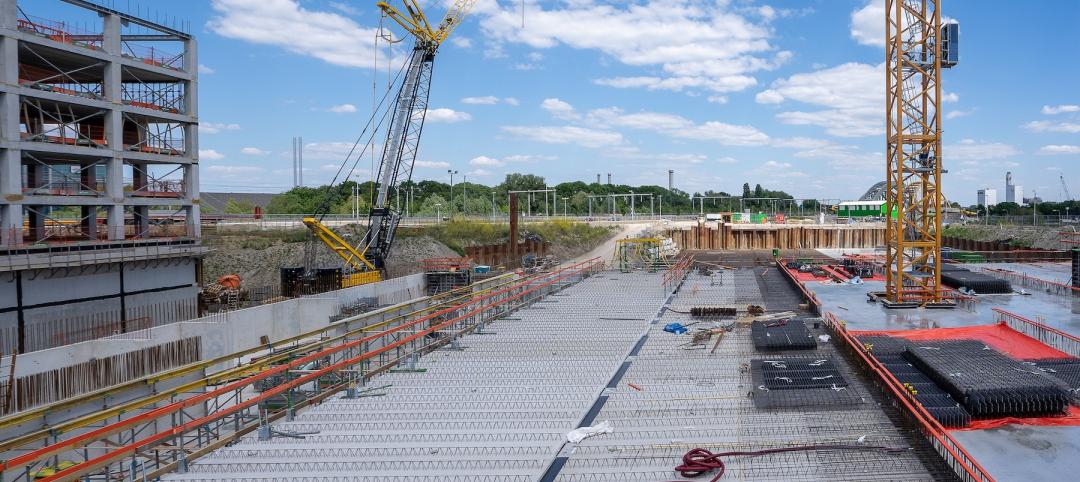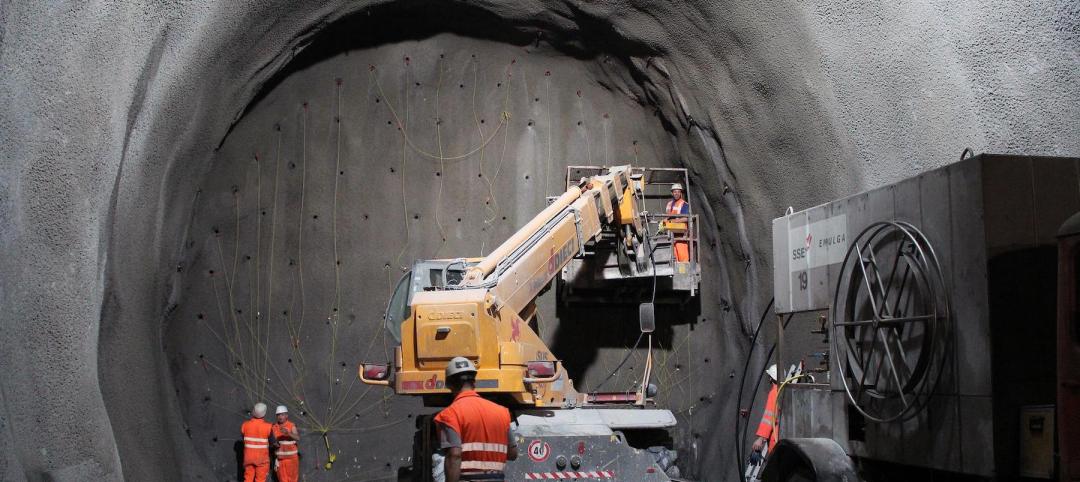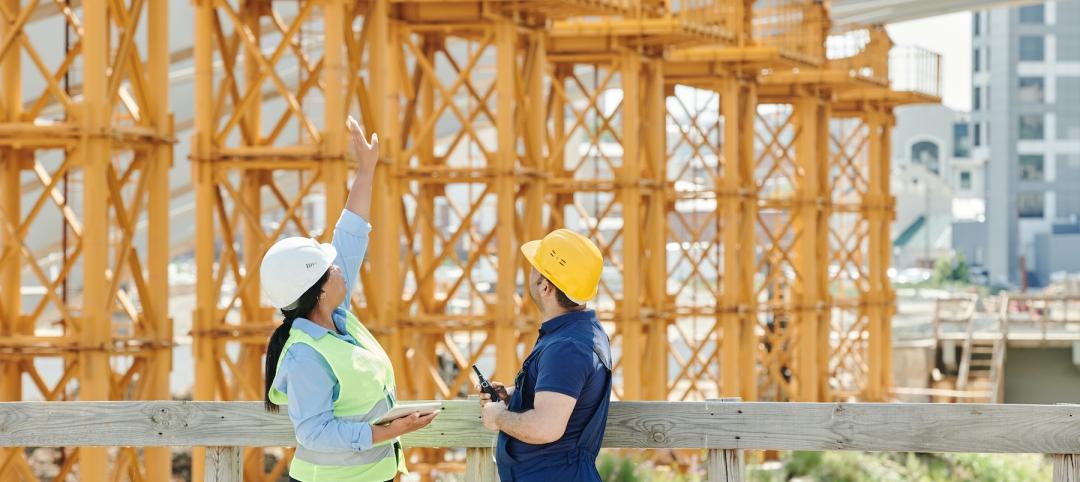Despite facing a litany of market impediments—the still-sluggish economy, construction labor shortages, the slow-to-recover education and healthcare markets—the majority of AEC firms saw revenues grow in 2015, and an even greater number expect earnings to rise in 2016, according to a survey of 337 AEC professionals by Building Design+Construction.
Nearly six out of 10 survey respondents (56.7%) indicated that revenues had increased at their firms in 2015, and 59.9% expect income from nonresidential building work to rise this year. This represents a slight uptick from 2014’s survey, when 54.4% reported higher revenue for the year.
About half of the respondents (45.7%) rated their firm’s 2015 business year as either “excellent” or “very good,” and just 2.1% said it was a “poor” year. Looking to 2016, 52.7% believe it will be “excellent” or “very good” from a revenue standpoint. Nearly three-quarters (71.4%) rated the overall health of their firm either “very good” or “good.”
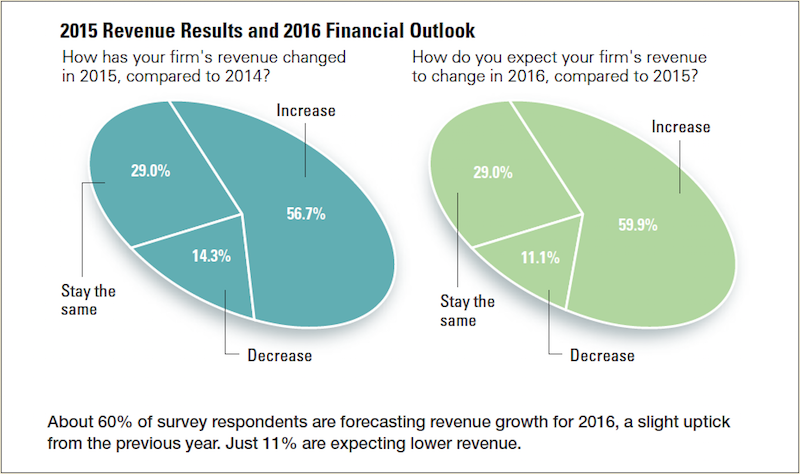
Asked to rate their firm’s top business development tactics for 2016, strategic hiring (56.7% rated it as a top tactic for growth), marketing/public relations (54.6%), and technology upgrades (49.3%) topped the list. Other popular growth strategies include staff training/education (41.8%), a new service/business opportunity (32.9%), and a firm merger/acquisition (13.4%).
Among the top concerns for AEC firms are competition from other firms (58.2% ranked it as a top-three concern), general economic conditions (50.4%), managing cash flow (30.3%), and softness in fees/bids (27.6%).
HEALTHCARE SECTOR starting to REBOUND
Respondents were asked to rate their firms’ prospects in specific construction sectors on a five-point scale from “excellent” to “very weak.” Among the findings:
The multifamily boom continues, as the Millennials and Baby Boomers gravitate to rental housing and an urban lifestyle. Multifamily ranked as the most active sector, with 69.7% of respondents rating it in the good/excellent category, up from 62.3% last year and 56.1% in 2013.
The healthcare market is starting to stabilize and grow, as hospitals and healthcare providers adjust to the post-Affordable Care Act world. The sector ranked as the second most active; 68.0% gave it a good/excellent rating, up from 63.6% in 2014 and 62.5% the previous year.
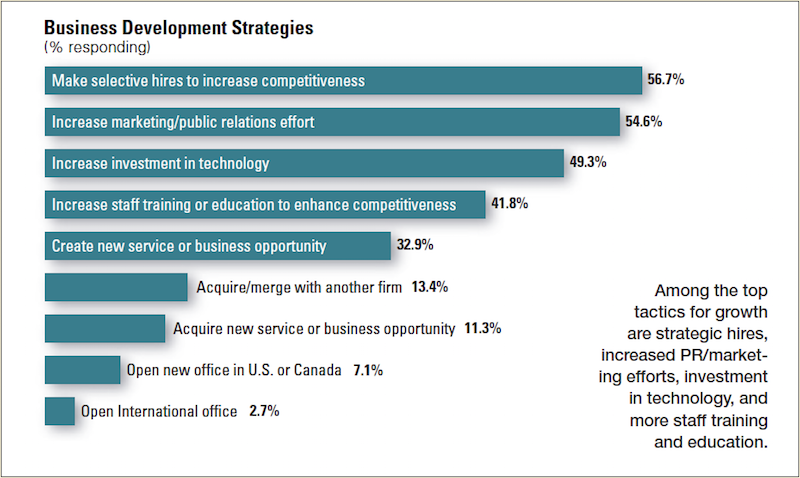
Other active sectors include senior/assisted living (63.1% rated it in the good/excellent category), office interiors/fitouts (62.4%), data centers/mission critical (59.3%), higher education (48.6%), industrial/warehouse (46.7%), retail (44.9%), and government/military (42.5%).
Respondents to the BD+C survey include architect/designers (52.2%), engineers (19.6%), contractors (18.4%), consultants (5.0%), owner/developers (1.2%), and facility managers (1.0%).
BIM/VDC TAKES HOLD
The adoption of building information modeling and virtual design and construction tools and processes continues to grow in the AEC marketplace. More than eight in 10 respondents (82.1%) said their firm uses BIM/VDC tools on at least some of its projects, up from 80.0% in 2014 and 77.3% in 2013. About a fifth (20.3%) said their firm uses BIM/VDC on more than 75% of projects, up from 17.3% last year and 12.2% in 2013.
Respondents to the BD+C survey include architect/designers (52.2%), engineers (19.6%), contractors (18.4%), consultants (5.0%), owner/developers (1.2%), and facility managers (1.0%).
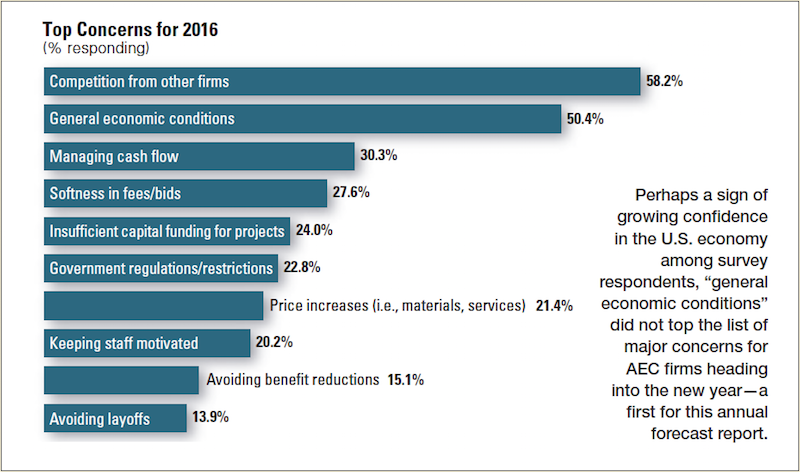
Related Stories
Codes and Standards | Oct 26, 2022
‘Landmark study’ offers key recommendations for design-build delivery
The ACEC Research Institute and the University of Colorado Boulder released what the White House called a “landmark study” on the design-build delivery method.
Building Team | Oct 26, 2022
The U.S. hotel construction pipeline shows positive growth year-over-year at Q3 2022 close
According to the third quarter Construction Pipeline Trend Report for the United States from Lodging Econometrics (LE), the U.S. construction pipeline stands at 5,317 projects/629,489 rooms, up 10% by projects and 6% rooms Year-Over-Year (YOY).
Designers | Oct 19, 2022
Architecture Billings Index moderates but remains healthy
For the twentieth consecutive month architecture firms reported increasing demand for design services in September, according to a new report today from The American Institute of Architects (AIA).
Market Data | Oct 17, 2022
Calling all AEC professionals! BD+C editors need your expertise for our 2023 market forecast survey
The BD+C editorial team needs your help with an important research project. We are conducting research to understand the current state of the U.S. design and construction industry.
Market Data | Oct 14, 2022
ABC’s Construction Backlog Indicator Jumps in September; Contractor Confidence Remains Steady
Associated Builders and Contractors reports today that its Construction Backlog Indicator increased to 9.0 months in September, according to an ABC member survey conducted Sept. 20 to Oct. 5.
Market Data | Oct 12, 2022
ABC: Construction Input Prices Inched Down in September; Up 41% Since February 2020
Construction input prices dipped 0.1% in September compared to the previous month, according to an Associated Builders and Contractors analysis of U.S. Bureau of Labor Statistics’ Producer Price Index data released today.
Laboratories | Oct 5, 2022
Bigger is better for a maturing life sciences sector
CRB's latest report predicts more diversification and vertical integration in research and production.
Market Data | Aug 25, 2022
‘Disruptions’ will moderate construction spending through next year
JLL’s latest outlook predicts continued pricing volatility due to shortages in materials and labor
Market Data | Aug 2, 2022
Nonresidential construction spending falls 0.5% in June, says ABC
National nonresidential construction spending was down by 0.5% in June, according to an Associated Builders and Contractors analysis of data published today by the U.S. Census Bureau.
Market Data | Jul 28, 2022
The latest Beck Group report sees earlier project collaboration as one way out of the inflation/supply chain malaise
In the first six months of 2022, quarter-to-quarter inflation for construction materials showed signs of easing, but only slightly.



